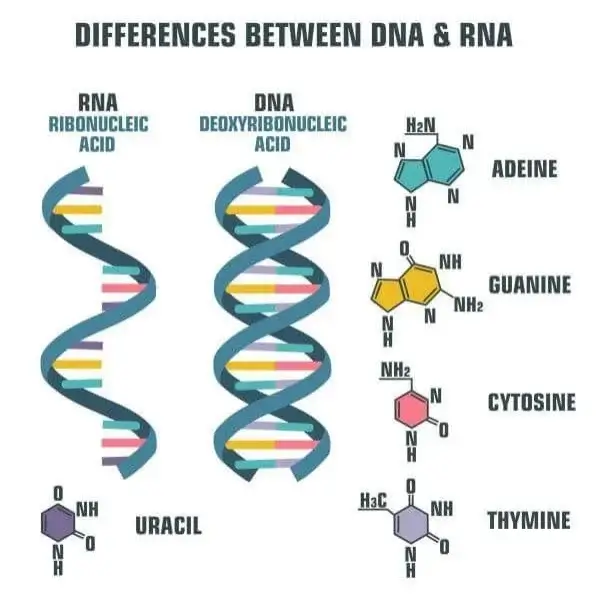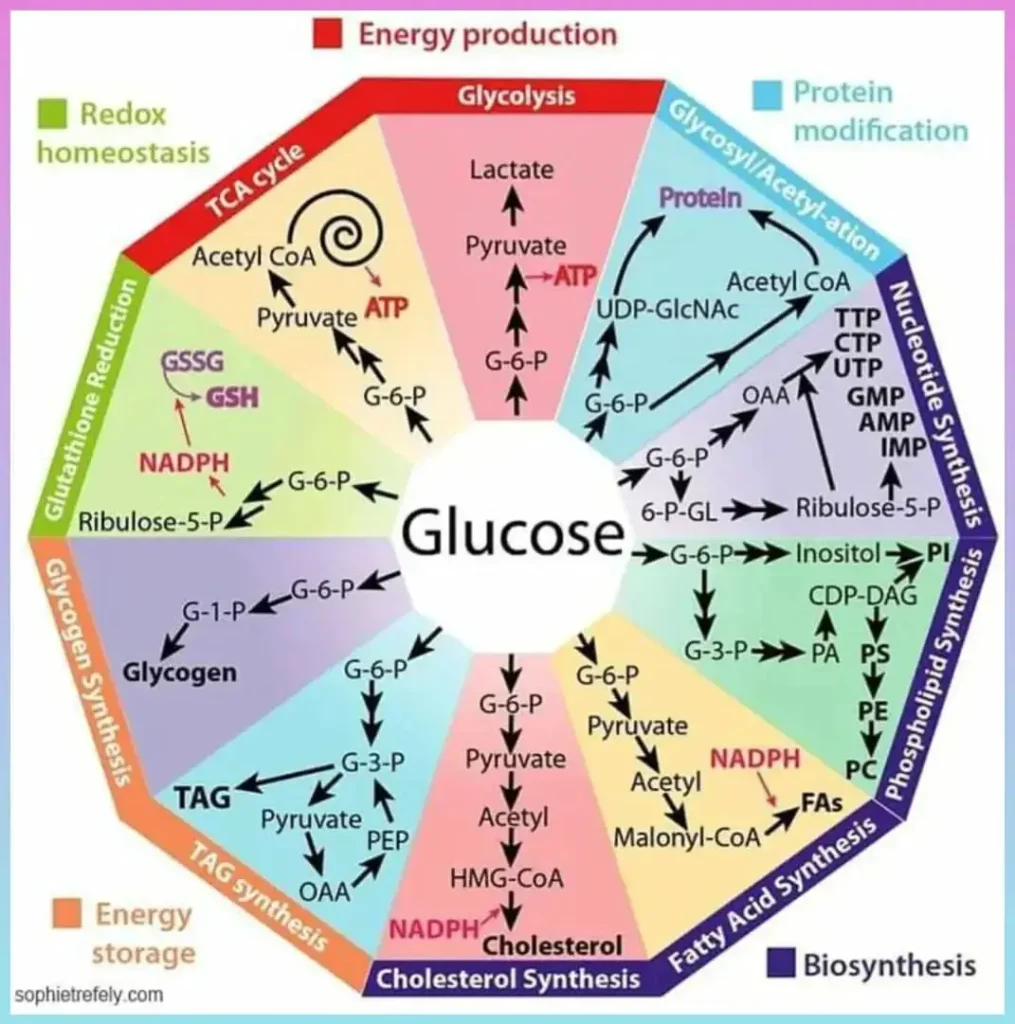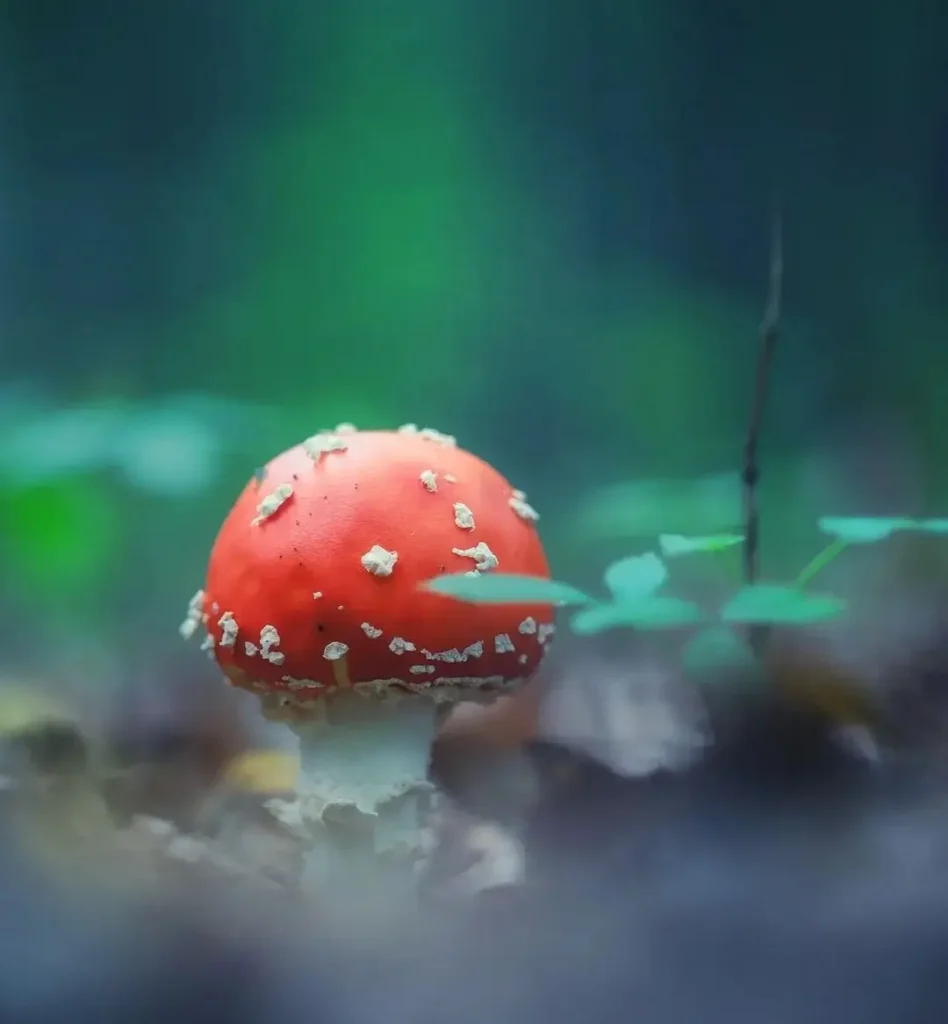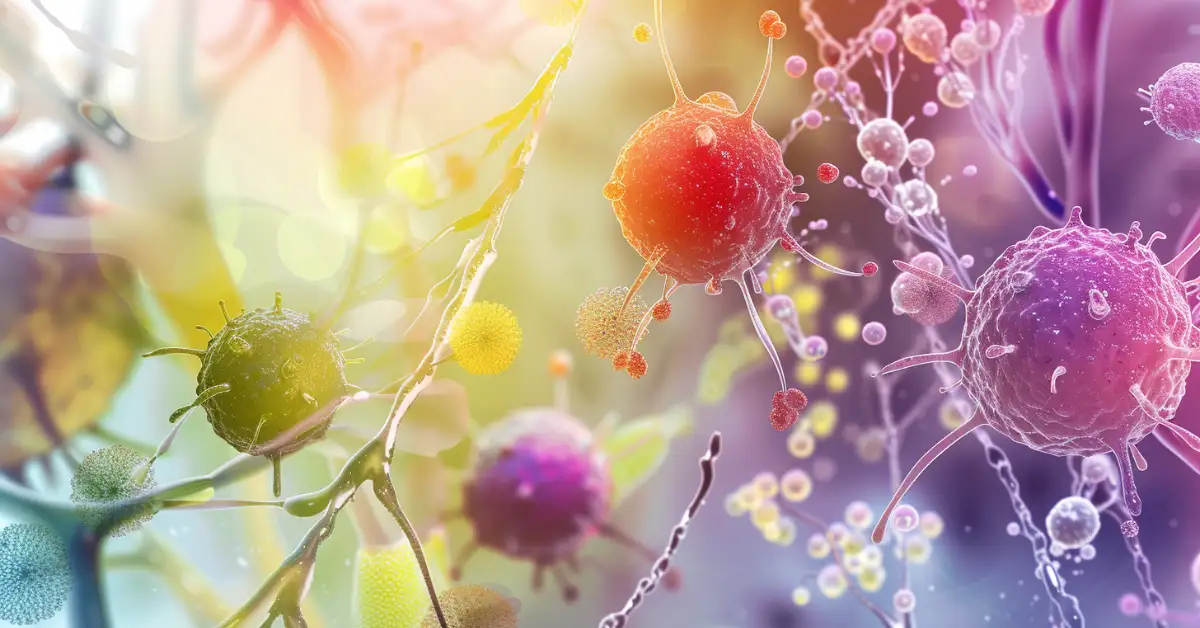“What is Contemporary Biology” is a fascinating and complex field of study that seeks to unravel the mysteries of life and living organisms. It encompasses a vast range of specialized disciplines that delve into the intricacies of living matter, from the smallest microscopic organisms to the largest and most complex creatures on Earth. Through the use of advanced technology and ongoing research, contemporary biology aims to deepen our understanding of the fundamental principles that govern life, including its structure, function, growth, distribution, and evolution.
Curious What is Contemporary Biology?
In this age, we aim to unravel the mysteries of the natural world by analyzing and integrating different fields such as chemistry, physics, and medicine into our investigations. From the tiniest cells to the largest ecosystems, we explore various aspects like structure, function, growth, evolution, and interaction among living organisms.
Have you ever wondered how modern advancements and techniques shape our understanding of life and living organisms?
In a nutshell, contemporary biology is a natural science focused on the study of life and living organisms. It encompasses a diverse array of specialized disciplines that investigate various aspects of living matter, such as structure, function, growth, distribution, and evolution. Over time, advancements in technology and ongoing research continuously refine our understanding of the intricate nature of life.
One of the key aspects of contemporary biology is the concept of biological autonomy. In essence, biological autonomy refers to the unique ability of living organisms to self-produce and self-maintain, distinguishing them from inanimate objects. This idea helps scientists better comprehend the organization and complexity of biological systems.
Furthermore, the integration of principles from other scientific fields, such as chemistry, medicine, and physics, has aided in the development of interdisciplinary branches like biochemistry, biomedicine, and biophysics. These branches enable researchers to study the physicochemical aspects of life in a more comprehensive manner, making groundbreaking contributions to the field of biology.
Lastly, contemporary biology recognizes the impact of technology on research methodologies and data analysis, leading to more accurate results and novel discoveries. Indeed, advancements like DNA sequencing and gene editing have revolutionized the way we perceive the molecular aspects of life, all while giving us unprecedented control over living matter.
Important Genetic Terms
- Gene: A gene is a unit of heredity that contains instructions for a specific protein or trait. It’s made up of DNA and is passed down from parents to offspring.
- Allele: An allele is a version of a gene that an individual inherits from each parent. If an individual inherits the same allele from both parents, they are homozygous for that allele.
- Locus: A locus is a specific location on a chromosome where a gene or genetic marker is found.
- Genotype: Genotype refers to an individual’s inherited genes that determine a particular trait or set of traits. It’s represented by symbols and determined by the combination of alleles inherited from both parents.
- Heterozygote: A heterozygote is an individual with two different alleles for a gene, one from each parent, resulting in different alleles at the same locus on each chromosome.
- Homozygote: A homozygote is an individual with two identical alleles for a particular gene, one inherited from each parent.
- Phenotype or trait: Phenotype or trait refers to the observable physical and behavioral characteristics of an individual that result from the interaction between their genotype and the environment.
- Characteristic or character: Characteristic or character refers to a typical feature or quality of an individual or group. In genetics, it can refer to an observable trait or feature determined by one or more genes.

IG: medical.world07
Basic Concepts of Biology
Contemporary biology is an ever-evolving field that brings together numerous scientific concepts and disciplines to help us understand life from the smallest molecules to the most complex ecosystems.
Cellular Components and Function
At the very core of biology, cells are the basic units of life. They come in all shapes and sizes and perform countless functions to keep organisms alive. Cell biology focuses on understanding the structure and function of cells, including their interactions with energy and the environment. Within cells, numerous complex biochemical processes occur, each playing a vital role in maintaining life.
Key processes include respiration, which helps cells generate energy, and protein synthesis, the basis for cellular growth and repair.

Physiology and Anatomy
Physiology is the study of how living organisms’ organ systems function, such as the digestive, circulatory, nervous, and endocrine systems. It’s where anatomy—the structure of living organisms—meets function. A deep understanding of physiology helps us grasp how our bodies perform essential tasks, from collecting nutrients to sending signals throughout our nervous system. By studying human anatomy, we can appreciate the intricate design of muscle and tissue structures, and learn how our organs work together to sustain life.
Genetics and Morphological Traits
Diving deeper into contemporary biology, we encounter genetics—the study of genes and inheritance. Every organism has a genetic code that determines its traits, or morphological differences, from shape and size to behavior and adaptation. Genetics also explores how organisms can adapt to their environment, contribute to biodiversity, and undergo development as they progress through various life stages. By studying genetics, we not only learn about our own heredity but also unlock invaluable knowledge about the fundamental processes that influence all life on Earth.
Biology on a Larger Scale
As we explore what is contemporary biology, a significant focus is on the interactions and relationships between living organisms and their environment. Let’s dive into two key sub-fields that have gained increasing importance in recent years: Ecology and Environment, and Organismal Biology and Biodiversity.
Ecology and Environment
Ecology is the study of how living organisms interact with their environment, including both other organisms and non-living factors such as water, soil, and climate. With the growing awareness of human-induced climate change, pollution, and habitat destruction, the field of ecology has become essential to understanding and finding solutions for these issues.
Contemporary biology emphasizes the connection between environmental science and ecology, employing tools such as remote sensing, Geographic Information Systems (GIS), and ecosystem modeling to predict and mitigate the impacts of human activities on the environment. Key areas include conservation biology, which focuses on preserving and restoring ecosystems, and sustainability science, which seeks to ensure the long-term well-being of both people and the planet.

Organismal Biology and Biodiversity
Organismal biology explores the diversity of life on Earth, focusing on the anatomy, physiology, behavior, and evolution of living organisms – from plants and animals to microbes. With the rapid decline of biodiversity due to habitat loss and climate change, understanding the complex relationships between species and their environments is critical.
In contemporary biology, new technologies like genomics and high-throughput sequencing provide insight into the genetic variation within and between species, helping to identify evolutionary relationships and better understand the ecological roles of different organisms. Our increased knowledge of these complex biological systems allows us to develop strategies for conserving and protecting the rich variety of life that makes up our planet’s ecosystems.
Applied Contemporary Biology

IG: mt.msa0114
In our quest to understand what is contemporary biology, we’ve uncovered that it has a wide range of applications in various fields. Here, we will focus on two significant areas in which contemporary biology plays a crucial role: human health and disease, and the biological impact on the industry.
Human Health and Disease
As we explore contemporary biology, it becomes clear that it has a deep impact on human health and disease. Researchers in this field study various aspects of life, such as homeostasis, nutrition, and the effects of substances like alcohol on the human body. Through a better understanding of these processes, they develop treatments and preventive measures for human diseases. This invaluable knowledge not only improves medical care but also guides us in making informed decisions about our lifestyle, health, and well-being.
Biological Impact on Industry
Another area where contemporary biology greatly influences is the industry. It equips professionals in fields like biotechnology, agriculture, and pharmaceuticals with a thorough understanding of biological processes. This understanding allows the development of new products, such as biodegradable materials and biofuels, which contribute to a more sustainable future.
In addition, contemporary biology also opens up numerous career opportunities, from research and development to product reviews and quality control. This ensures that industries relying on biological knowledge continue to thrive and contribute to global progress.
Our Opinion about Contemporary Biology and The Future of It
Contemporary biology is a rapidly evolving field that holds great promise for the future of science and humanity. With its interdisciplinary approach, we can gain a deeper understanding of life and living organisms, from the molecular to the ecological level. The integration of principles from other scientific fields, such as chemistry, medicine, and physics, has aided in the development of specialized branches like biochemistry, biomedicine, and biophysics, which have revolutionized the way we perceive the physicochemical aspects of life.
Moreover, contemporary biology recognizes the impact of technology on research methodologies and data analysis, leading to more accurate results and novel discoveries. Advancements like DNA sequencing and gene editing have revolutionized the way we perceive the molecular aspects of life, all while giving us unprecedented control over living matter. This has led to significant progress in areas such as human health and disease, conservation biology, and sustainability science.
In our opinion, contemporary biology is a dynamic field that continues to evolve and expand our understanding of life and living organisms. With its interdisciplinary approach, cutting-edge technology, and innovative research methodologies, we can expect to make groundbreaking contributions to science and humanity in the future.
FAQ
What is the meaning of contemporary biology?
Contemporary Biology is the study of living organisms and their interactions with the environment using modern-day techniques and technologies. It encompasses a broad range of topics, from molecular biology to ecology, and aims to understand the complexity of life in the present day.
What do you learn in contemporary biology?
Contemporary biology covers various topics such as human biology, genetics, biochemistry, cellular biology, molecular biology, and more. Learners explore the interplay between science and self through a survey of relevant biological principles and processes.
Is biology hard in college?
Biology can be challenging in college due to its complexity and memorization requirements, but it ultimately depends on the individual’s interest and study habits. So college biology classes may be more difficult than your average high school class.
What is the best definition of biology?
Biology encompasses the exploration of life and living organisms, ranging from single-celled organisms to the most intricate living creature, which is the human being. The discipline involves the analysis of genes and cells that endow living entities with their unique traits.
If you liked this blog post about the topic: “What is Contemporary Biology”, don’t forget to leave us a comment down below to tell us about your experience with it.
If you want to keep reading more from us, have a look at these articles.





